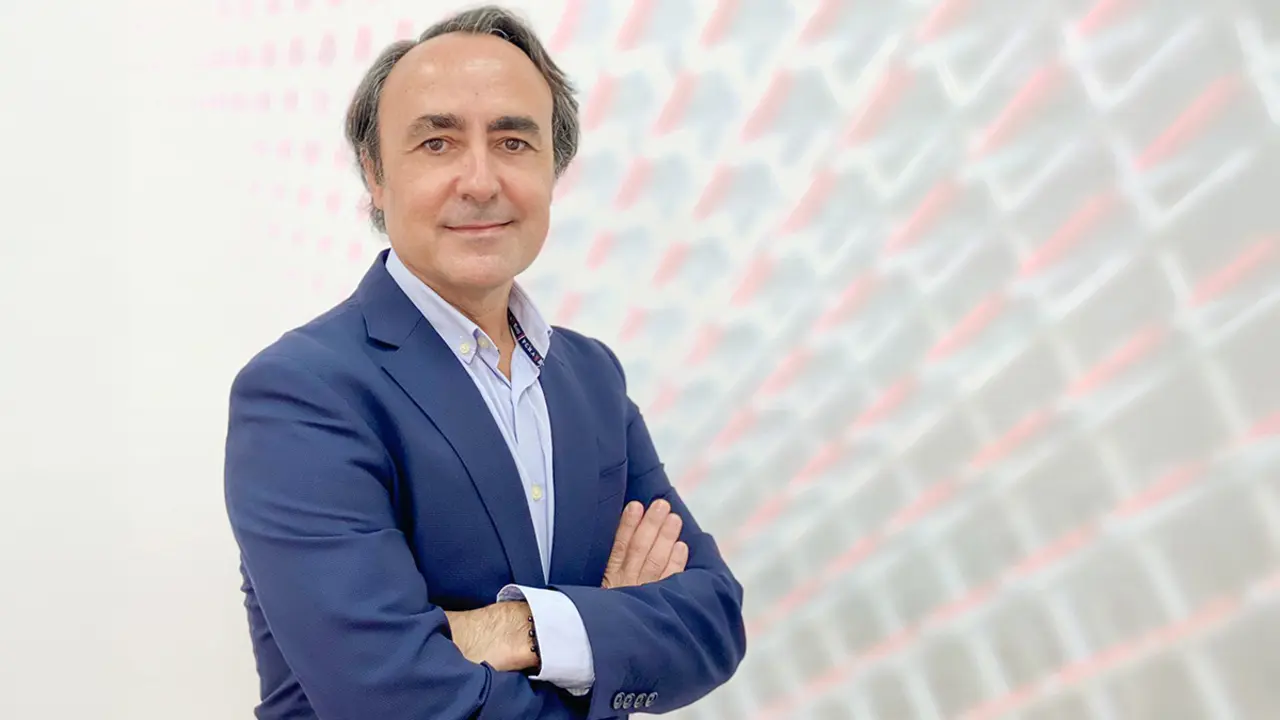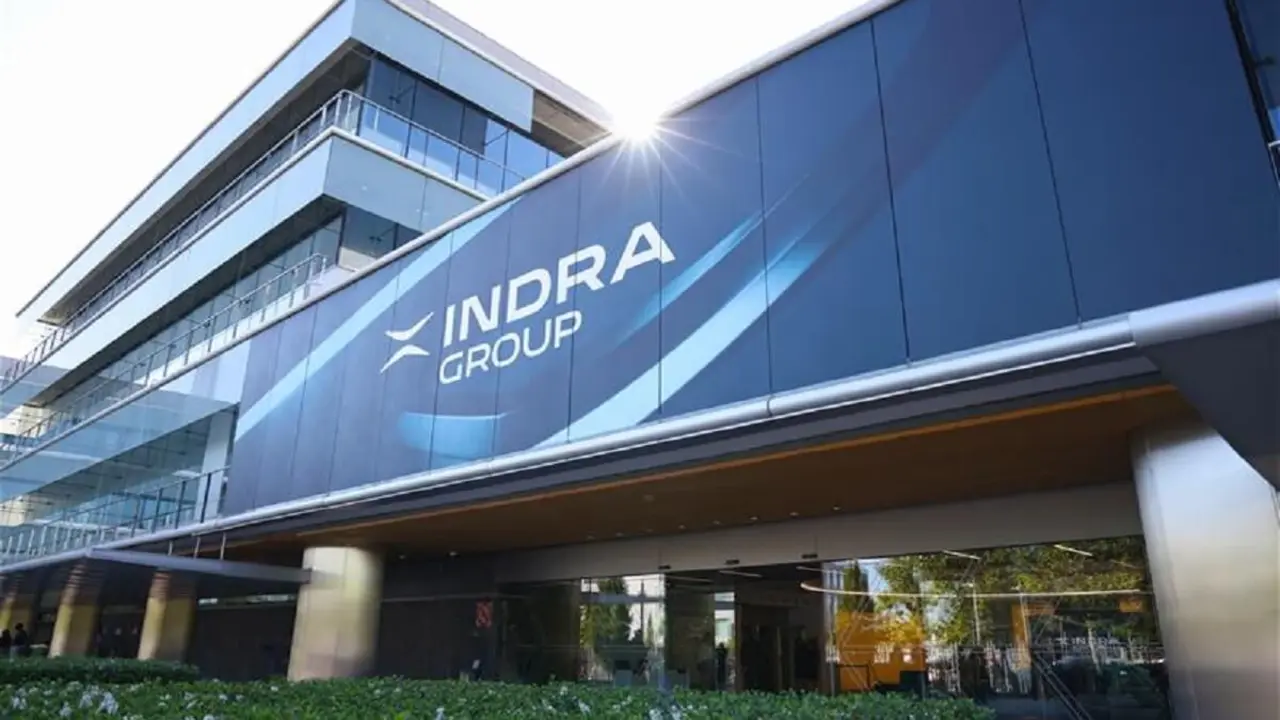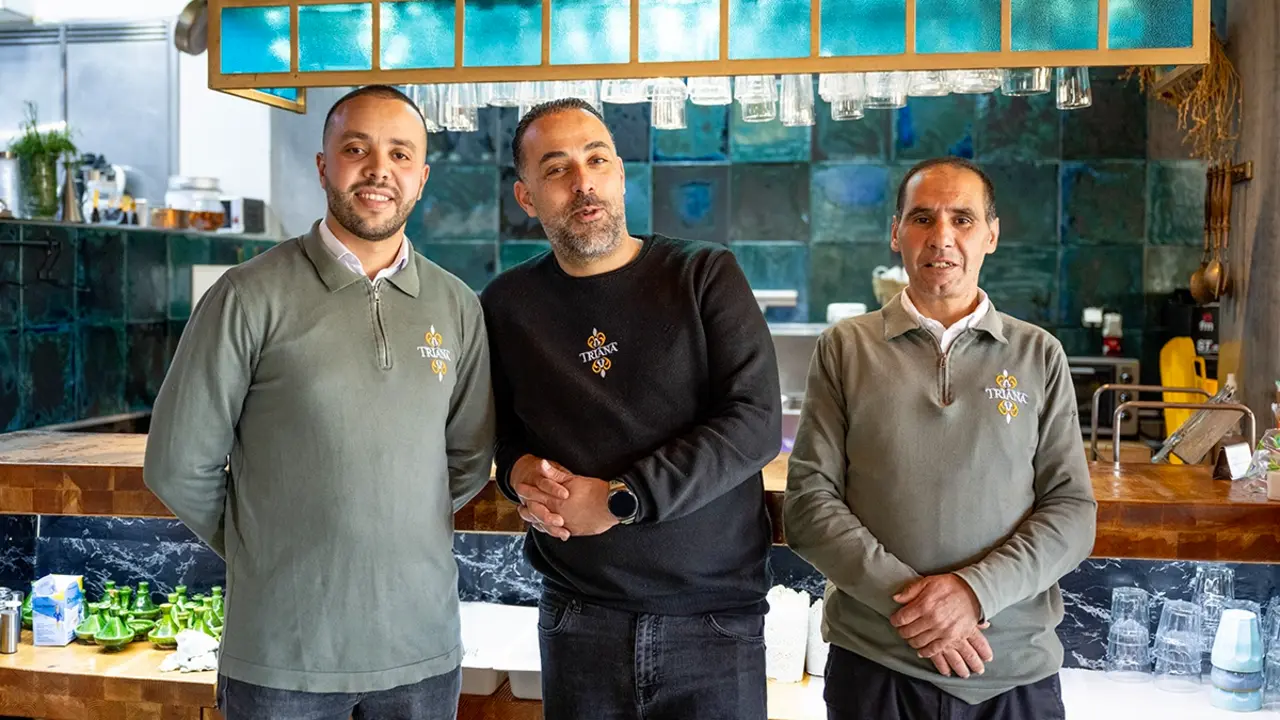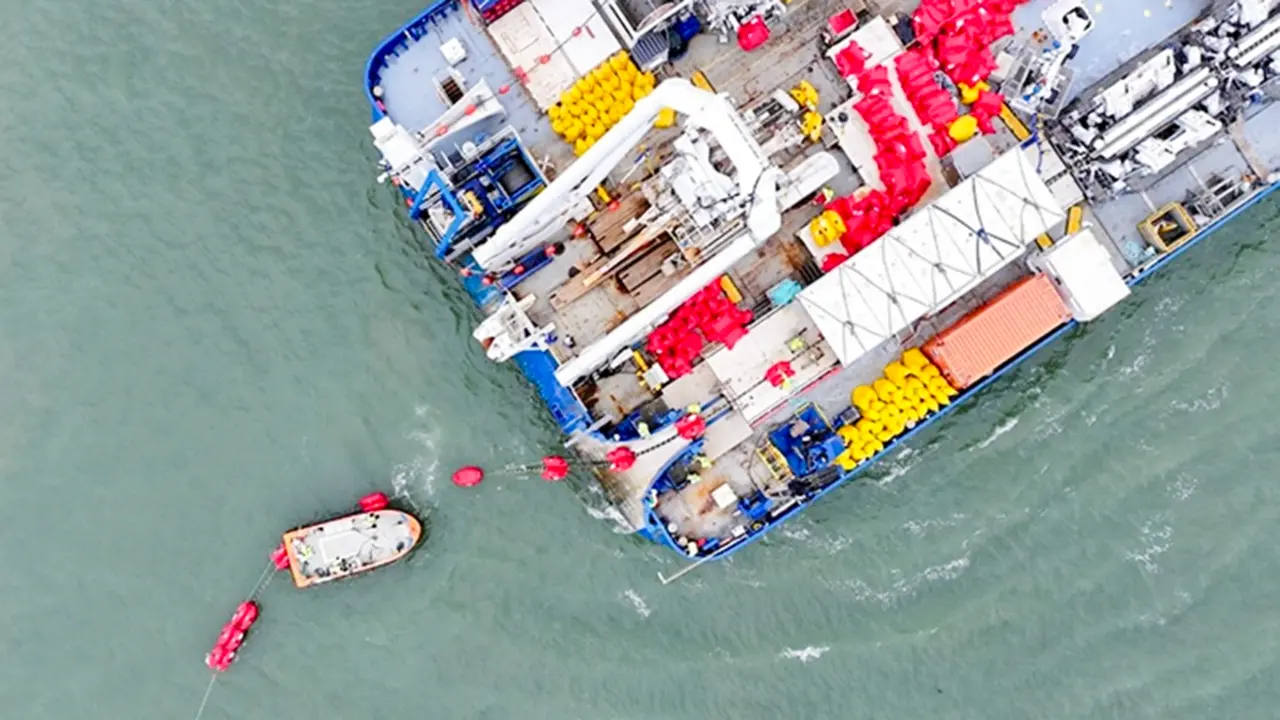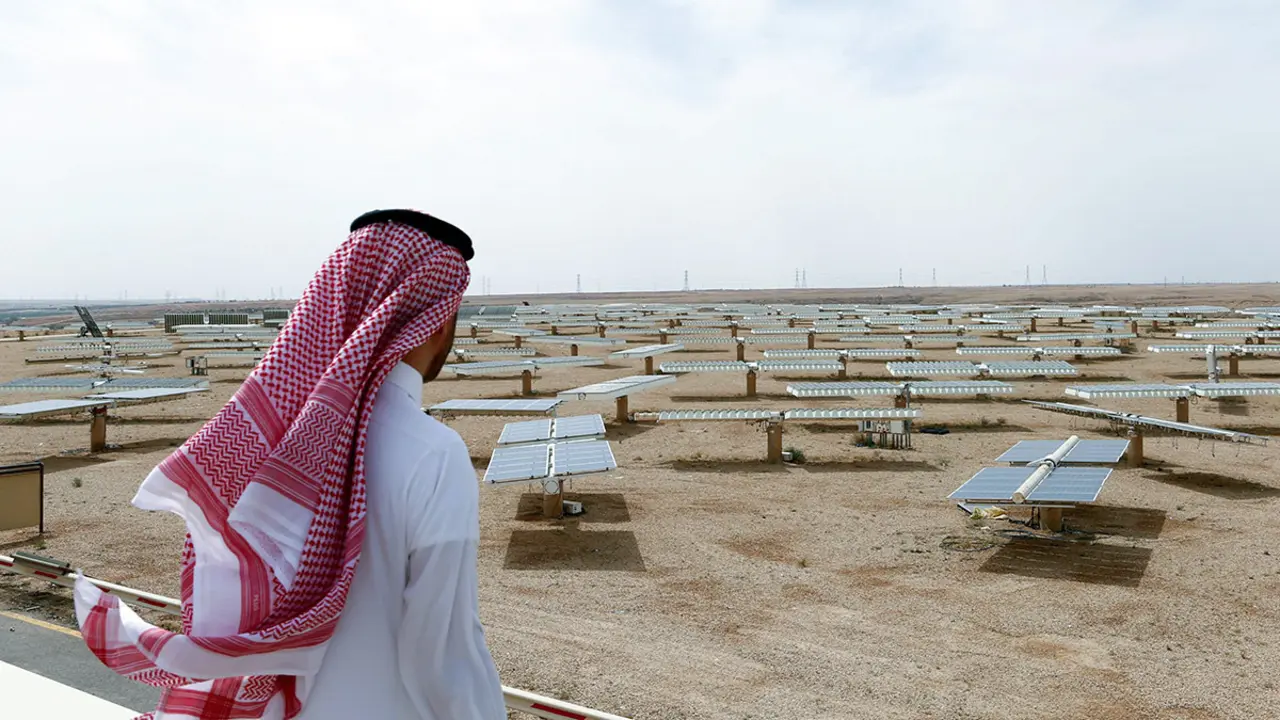The decarbonisation of transport, an opportunity for industry transformation
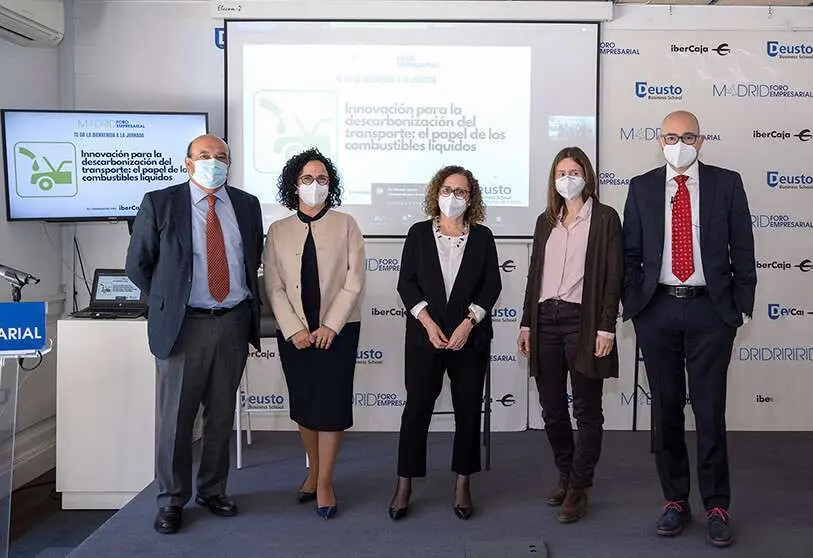
The need to adopt economic, political and social measures focused on improving environmental impacts and thus increasing our well-being is a fact. The 21st century is the century of ecology and the environment and this has been highlighted by political communities such as the European Union after implementing measures focused on this purpose. In this field, the European Union has required member countries to implement a National Energy Efficiency Action Plan in order to achieve the stipulated energy saving and efficiency targets.
Thus, transport plays an essential role in the process of reducing the various environmental impacts and contributing to energy and social progress. In this respect, companies such as Cepsa and Repsol are leading the change in the transition to the decarbonisation of transport with the intention of using renewable energy resources.
As an example of this transition, a conference was held at the Madrid Business Forum focused on "Innovation for the decarbonisation of transport" and the role played by liquid fuels in this change. The conference was commissioned by the Vice-Minister for the Environment and Territorial Planning of the Community of Madrid, Mariano González, and was attended by representatives of the Polytechnic University of Valencia, CIEMAT, Repsol and Cepsa.
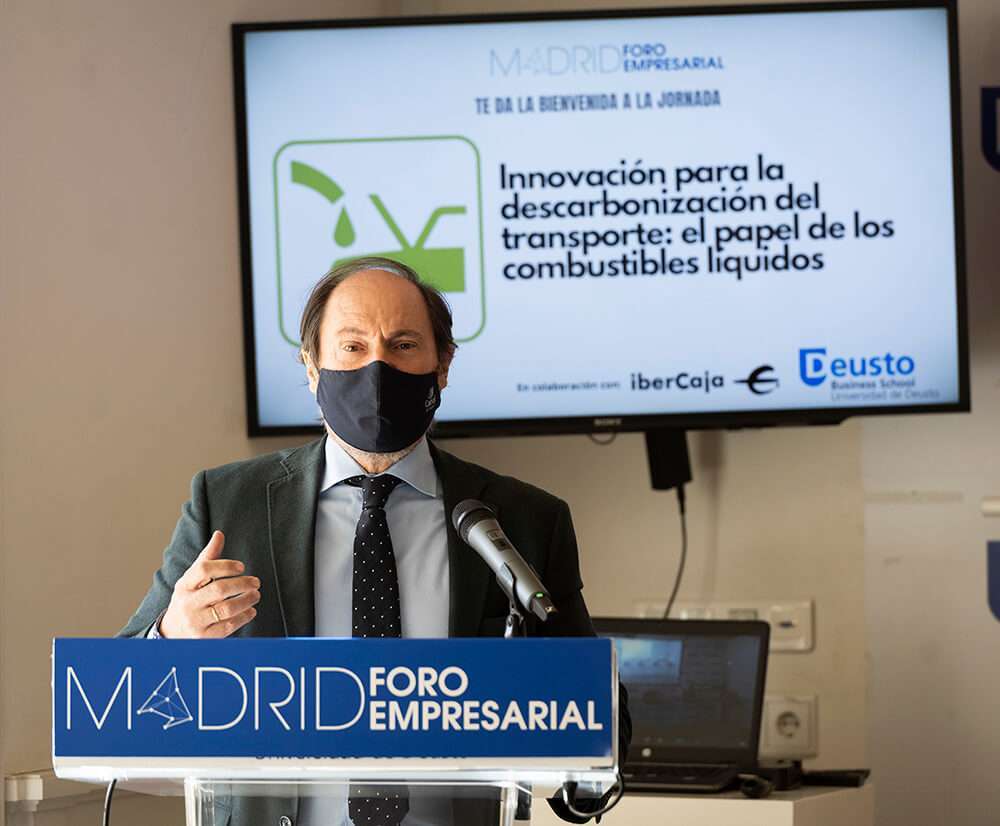
In this regard, Mariano González revealed the launch of new projects in the community that seek to avoid the emission of CO2 and polluting gases into the atmosphere. To this end, the deputy minister said that the Community of Madrid has an initiative to use "some of the infrastructures of the Canal de Isabel II to produce green hydrogen with a circular economy mechanism". For González, green hydrogen is an "interesting tool as a transversal energy vector".
This type of hydrogen is a surprising alternative to the current dependence on oil, as it is obtained through a process of electrolysis, obtaining the electricity through water, i.e. a renewable source. Thus, little by little the transition processes are betting on what is known as green economies to achieve a more sustainable, accessible and efficient world.
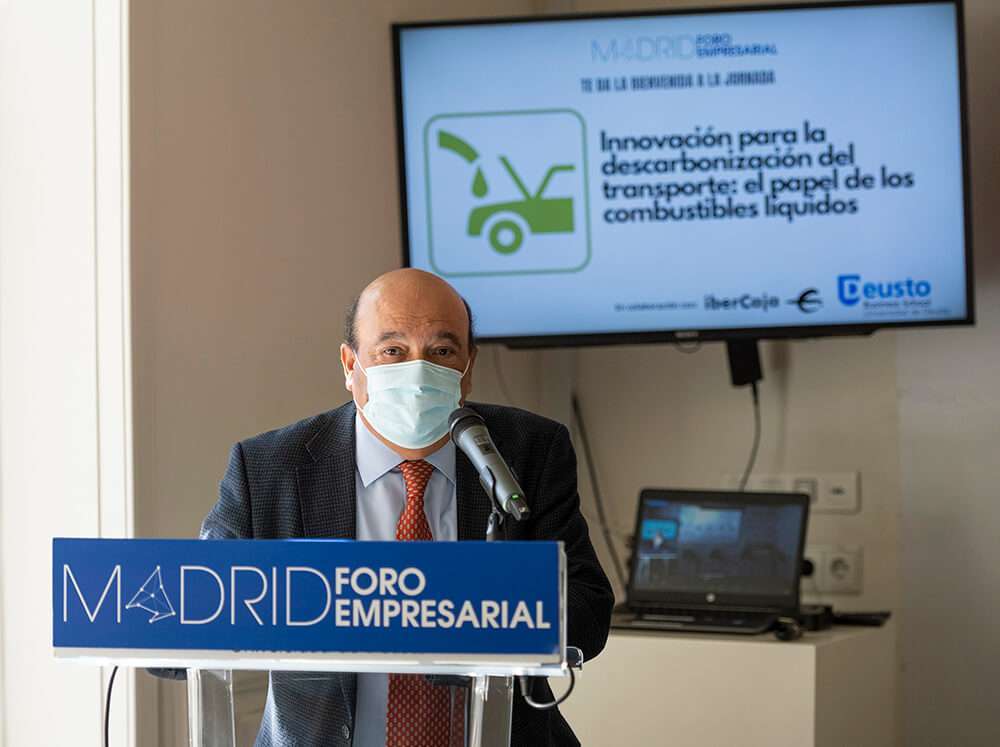
However, investing in this type of economy requires constant collaboration between the public and private sectors, in search of a balance between production and consumption. In this respect, González stressed that it is essential to "study the feasibility, study the synergies of the impacts and, without a doubt, design a key R&D roadmap".
"Time is not on our side, we have to act". This is how conclusive the deputy minister was in stressing that the actions stipulated for this purpose must be implemented through a "vision of the long term to reach the 2050 scenario proposed by the EU".
Adriana Orejas, Repsol's Industrial and Deep Tech Director, continued in this vein, stating that despite the barriers to entry that these liquid fuels may have, "we have the necessary infrastructures and distribution, thus providing immediacy". In one of Repsol's projects, she highlighted the change that is being made in reducing emissions and fossil fuels by facilitating the full life cycle of a fuel.
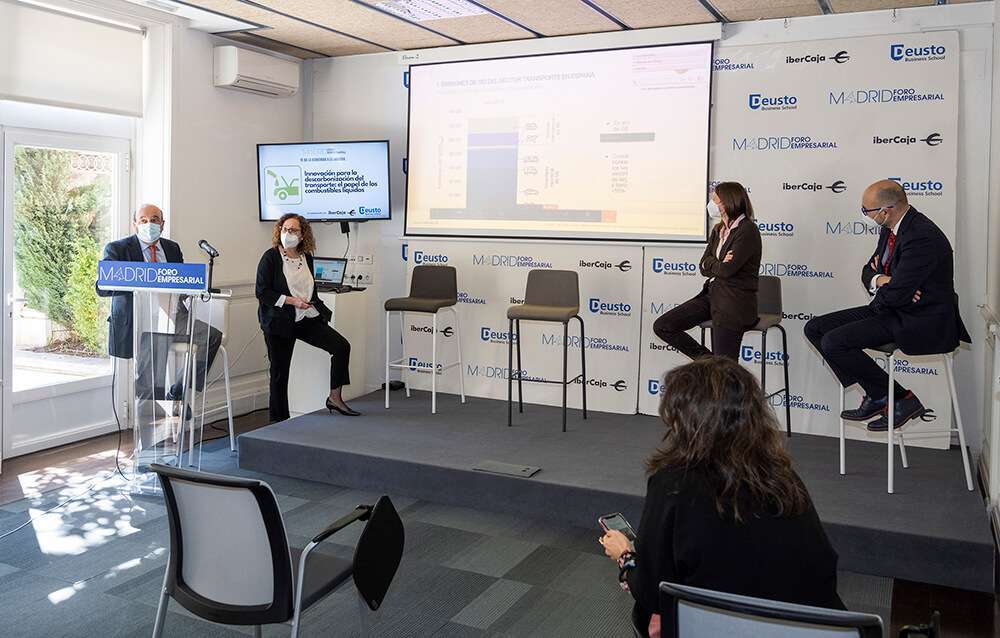
Projects such as Biofit are an example of these changes as they support and initiate bioenergy retrofitting opportunities in five industrial sectors, using additional biomass.
In this respect, the head of the Advanced Biofuels and Bioproducts Unit (CIEMAT) defended the need to continue to invest in this area because "we know that the potential of synthetic fuels is unlimited. What is limited are the non-renewable fuels". He added that these means should not be used only to produce more fuel, as "you can produce materials, lubricants and others", supporting an industrial synergy that plays a fundamental role in the transformation. In addition, zero-emission fuels are proving to be a very efficient alternative for use in long-haul means of transport, such as aviation.
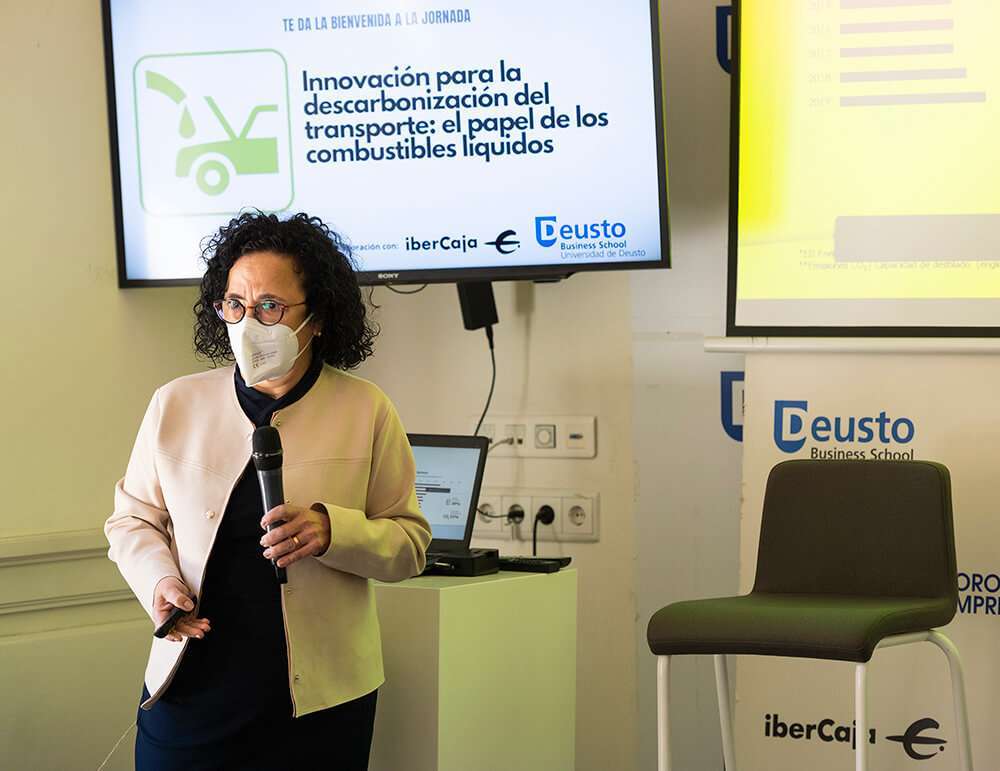
The round table concluded with a call to the public and private sector to increase investment in order to achieve the proposed objectives, ending with the final conclusions of the meeting, focused on the commitment to synthetic fuels.
The coordinator of the round table, Víctor García Nebreda, stressed that these measures are responses to social demands as "Society is asking us to go further". He also stressed that "the transition to other types of energy is essential" and that the measures adopted are beginning to bear fruit. However, these new economic policies are socially unknown, as "not everything that is being improved and discovered is being passed on to the people".


